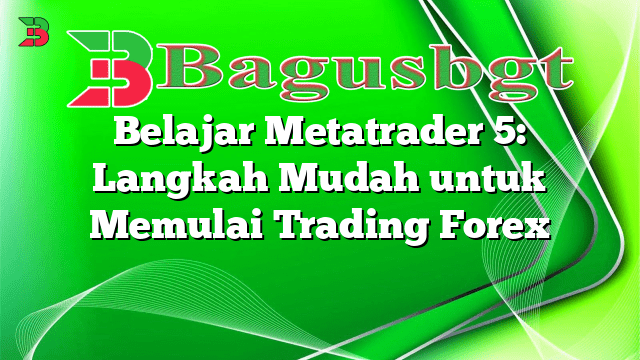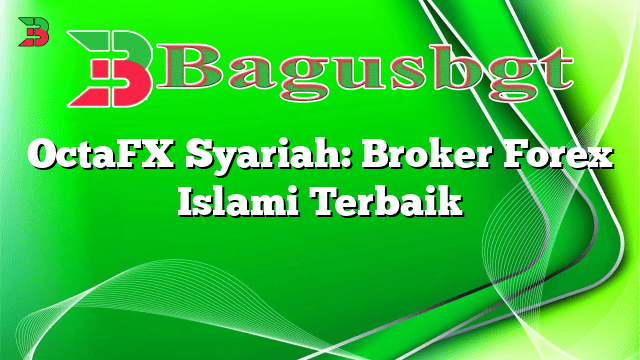Hello readers, in this article, we will delve into the differences between forex trading and options trading. Both of these financial instruments are popular choices among investors. Understanding the nuances of each can help you make informed decisions about which one suits your investment goals and risk appetite better.
1. Definition
Forex trading, or foreign exchange trading, involves the buying and selling of currencies on the foreign exchange market. It is the largest and most liquid market globally, with trillions of dollars being traded daily. On the other hand, options trading is a contract-based form of trading where investors have the right, but not the obligation, to buy or sell an asset at a predetermined price within a specified timeframe.
Forex Trading
| Advantages | Disadvantages |
|---|---|
| – High liquidity | – Complex market |
| – 24/5 trading | – High volatility |
| – Lower transaction costs | – No centralized exchange |
| – Opportunity to profit from both rising and falling markets | – Requires constant monitoring |
In forex trading, one of the advantages is its high liquidity. The ability to enter and exit positions easily is crucial for traders to take advantage of price movements. Furthermore, forex markets operate 24/5, allowing traders to participate at any time. This flexibility is attractive to individuals with busy schedules. Additionally, transaction costs in forex trading are relatively low compared to other financial markets.
However, the forex market is highly complex and requires a deep understanding of various factors that influence currency values. The market is also known for its high volatility, which can result in substantial gains or losses. As there is no centralized exchange for forex trading, the lack of regulation may expose traders to counterparty risk.
Options Trading
| Advantages | Disadvantages |
|---|---|
| – Defined risk and reward | – Limited timeframe |
| – Versatility in strategies | – Higher transaction costs |
| – Hedging opportunities | – Complex options pricing |
| – Lower capital requirements | – Limited profit potential |
The main advantage of options trading is the ability to define risk and reward. Options provide investors with the flexibility to create various strategies, including hedging against existing positions. This allows for a more versatile approach to trading. Options also require lower capital compared to forex trading, making it accessible to a wider range of investors.
However, options trading comes with a limited timeframe. The contracts have an expiration date, and if the underlying asset does not move in the anticipated direction within the specified timeframe, the options may expire worthless. Transaction costs in options trading are generally higher compared to forex trading. The pricing of options can be complex, requiring a thorough understanding of factors affecting their value.
2. Risk and Return
When it comes to risk and return, forex trading offers the opportunity to profit from both rising and falling markets. Traders can take long or short positions on currency pairs, allowing them to capitalize on market trends. However, the high volatility in forex trading increases the risk of substantial losses.
Options trading, on the other hand, provides defined risk and reward. The potential loss is limited to the premium paid for the options contract. However, the profit potential is also limited, as options have an expiration date and may expire worthless if the underlying asset does not move as anticipated.
3. Conclusion
In conclusion, both forex trading and options trading have their advantages and disadvantages. Forex trading offers high liquidity, lower transaction costs, and the opportunity to profit from both rising and falling markets. However, it requires a deep understanding of the complex market and constant monitoring. Options trading provides defined risk and reward, versatility in strategies, and hedging opportunities. Nevertheless, options trading has a limited timeframe, higher transaction costs, and limited profit potential.
Ultimately, the choice between forex trading and options trading depends on your risk tolerance, investment goals, and trading preferences. It is essential to thoroughly educate yourself about each market and practice with virtual or demo accounts before committing real capital.
Frequently Asked Questions (FAQ)
Q: Which market is better for beginners?
A: Both forex trading and options trading can be challenging for beginners. However, forex trading may be more suitable as it offers greater flexibility in terms of position sizing and risk management.
Q: Can I trade both forex and options simultaneously?
A: Yes, many traders engage in both forex and options trading simultaneously. However, it requires a deep understanding of both markets and the ability to manage multiple positions effectively.
Q: Are forex and options trading regulated?
A: Forex trading is regulated in many countries, but there is no centralized regulatory body. Options trading is regulated through exchanges and regulatory authorities in various jurisdictions.
Q: Can I lose more money than I invest in forex and options trading?
A: In forex trading, it is possible to lose more money than your initial investment if leverage is used. However, options trading limits the potential loss to the premium paid for the options contract.
Q: What is the best strategy for forex and options trading?
A: There is no one-size-fits-all strategy for forex and options trading. The best strategy depends on various factors, including market conditions, risk tolerance, and investment goals. It is recommended to learn different strategies and adapt them to your trading style.
 Bagus Banget Kumpulan Informasi terbaru dari berbagai sumber yang terpercaya
Bagus Banget Kumpulan Informasi terbaru dari berbagai sumber yang terpercaya

